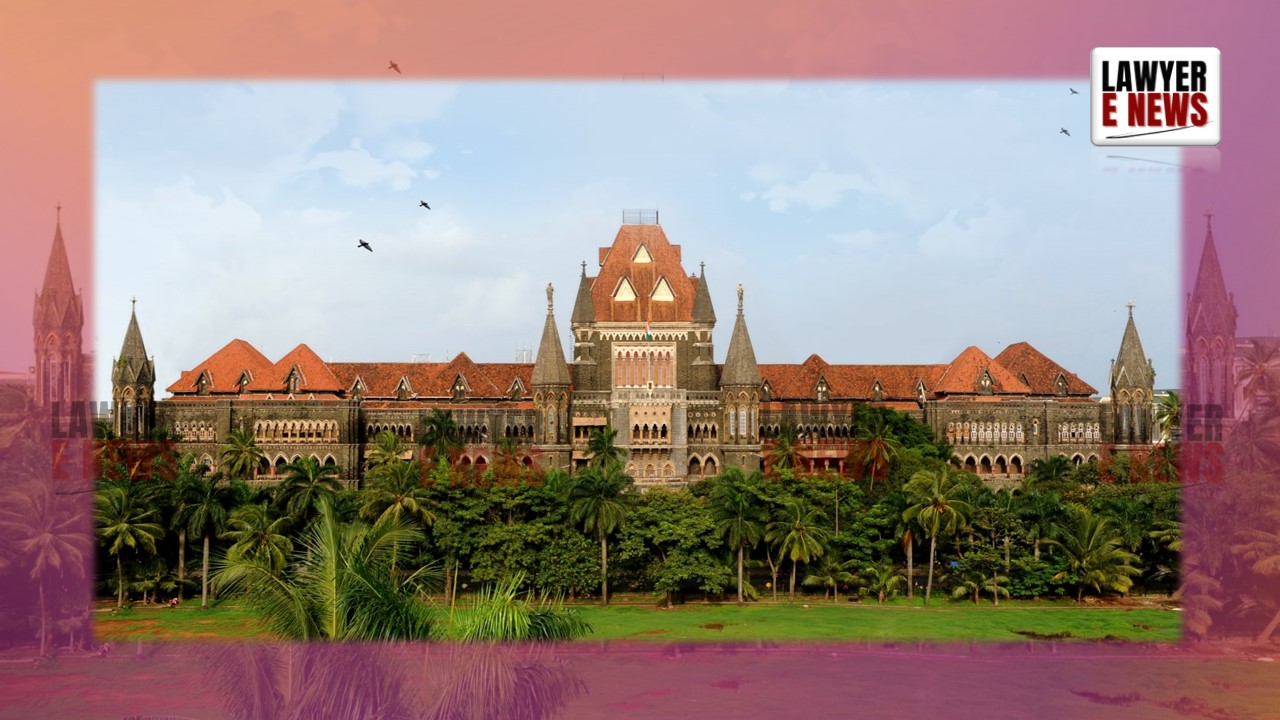-
by Admin
15 February 2026 5:35 AM



In a significant ruling, the Bombay High Court upheld the dismissal of an eviction application filed by New India Insurance Company Ltd. against KLM Engineering Company Ltd. The Court emphasized the necessity of compliance with the procedural requirements of the Public Premises (Eviction of Unauthorised Occupants) Act, 1971. The decision reinforces the judicial scrutiny required in public eviction cases to ensure fairness and reasonableness.
New India Insurance Company Ltd., a government-owned company, sought to evict KLM Engineering Company Ltd. from a residential flat at Mayfair Gardens, Malabar Hill, Mumbai. The flat was initially provided on a leave and license basis, with the last agreement expiring on September 30, 1999. Despite multiple notices demanding possession, KLM Engineering continued occupying the premises. New India Insurance filed for eviction under the Public Premises Act, alleging unauthorized occupation post-termination of the license.
Non-Compliance with Procedural Requirements: Justice Amit Borkar, delivering the judgment, highlighted procedural lapses in the eviction process. The Court noted that the Estate Officer's prima facie satisfaction of unauthorized occupation, based on notices issued after February 9, 2001, was flawed. The issuance of subsequent notices, treating the tenancy as subsisting, waived the earlier notices. "The formation of satisfaction of respondent in unauthorized occupation based on waived notice dated February 9, 2001, indicates non-application of mind on the part of the Estate Officer," Justice Borkar observed.
Fairness and Reasonableness: The Court underscored the importance of fairness and reasonableness in eviction proceedings involving public authorities. It pointed out that the applicant failed to justify the eviction on grounds of bona fide need. The evidence revealed that New India Insurance had recovered possession of several flats since 2001 and leased them out at significant rents, undermining the claim of acute need for accommodation.
Justice Borkar reiterated the principles from the Supreme Court judgments in Dwarkadas Marfatia & Sons vs. Board of Trustees of the Port of Bombay and Ashoka Marketing Ltd. vs. Punjab National Bank. These cases established that public authorities must act in the public interest, ensuring actions are reasonable and not arbitrary. The judgment stated, "Proper interpretation of the Act requires consideration not only of the fundamental principles of natural justice but also of the constitutional principles at stake."
Justice Borkar remarked, "The Estate Officer did not apply his mind but mechanically issued a show-cause notice, borne out of material on record; hence, it does not require interference." The Court emphasized that "the prima facie satisfaction regarding the addressee in unauthorized occupation on public premises, and he should be evicted, is sine qua non."
The Bombay High Court's ruling in favor of KLM Engineering Company Ltd. underscores the judiciary's role in ensuring public authorities adhere to procedural and substantive fairness in eviction cases. By dismissing New India Insurance Company Ltd.'s appeal, the judgment reinforces the importance of compliance with the Public Premises Act and upholds tenants' rights against arbitrary evictions. This decision is expected to influence future eviction proceedings involving public premises, mandating stringent adherence to legal norms.
Date of Decision: May 10, 2024
New India Insurance Company Ltd. vs. KLM Engineering Company Ltd. and The Estate Officer
